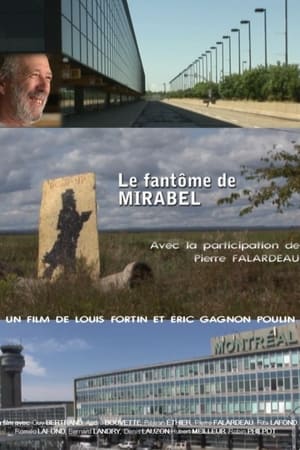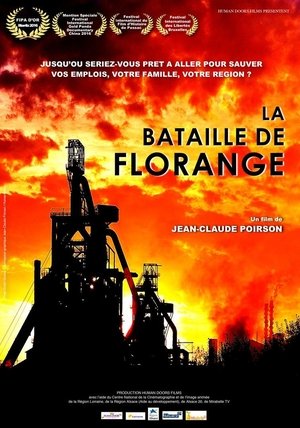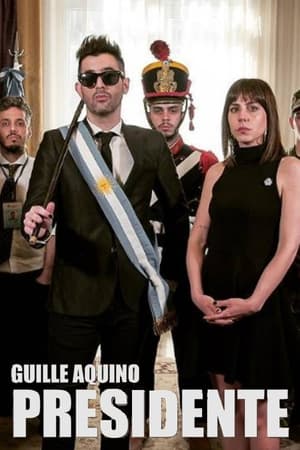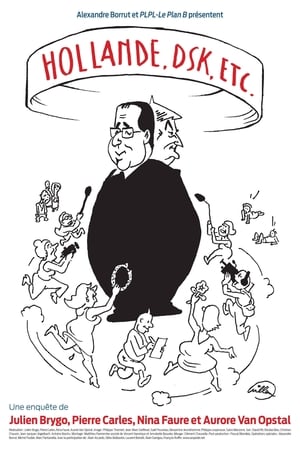
The Present Situation(NaN)
The Future is Red
The Present Situation is a half narrative, half video-essay film about a small group of “extremely online” budding revolutionaries who kidnap a hedge-fund manager. Peppered throughout the narrative is a spectacle of video clips from a wide variety of sources (PBS documentaries, YouTube explainer videos, TikToks, old and current News Magazine programs, etc.)
Movie: The Present Situation
Top 5 Billed Cast
Landlord
John
Matt
Michael
Dimo
Video Trailer The Present Situation
Similar Movies
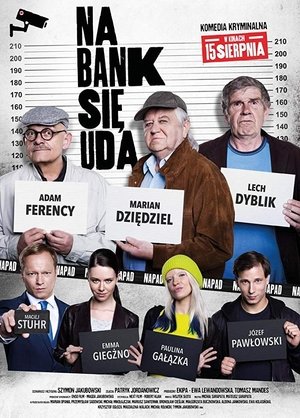 4.5
4.5It's in the Bank(pl)
Three old men get caught by the police during the bank heist. The problem is, that they didn't steal anything.
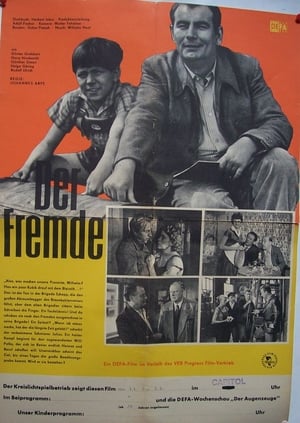 0.0
0.0Der Fremde(de)
After years of drifting around, Willi Palko arrives in the lignite mining area. He was not only looking for a new job, but also wanted to finally settle down here. The party leadership sends him to the Schepp brigade, which has made itself "suspicious" (on paper) due to its extremely high production figures. The stranger is accused of being a spy for the factory management. Willi finds it difficult to assert himself, but he is taken with the big excavator, the prospect of one day being allowed to drive it, and the brash flapper Hanna. He stays, and with his help a mine foreman is exposed as a Western agent and coal production is brought up to a really high level.
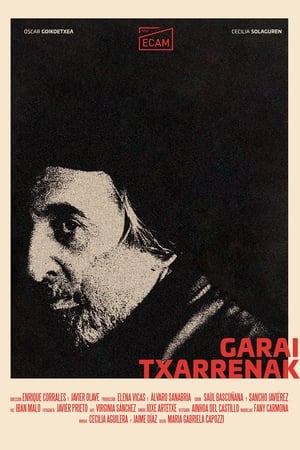 10.0
10.0The Worst of Times(eu)
Election night. Aimar, leader of the left-wing Basque nationalist movement, returns home more tired than ever. Itziar awaits him, exhausted. At the entrance, the remnants of a protest by the radical youth of their own party. Aimar has to make a decision: Does he want to continue dedicating his life to the nationalist cause, even in the worst of times?
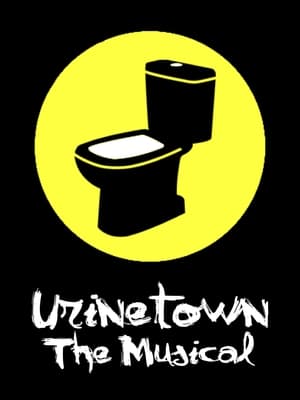 7.7
7.7Urinetown(en)
In the not-so-distant future, a terrible water shortage and 20-year drought has led to a government ban on private toilets and a proliferation of paid public toilets, owned and operated by a single megalomaniac company: the Urine Good Company. If the poor don’t obey the strict laws prohibiting free urination, they’ll be sent to the dreaded and mysterious “Urinetown.” After too long under the heel of the malevolent Caldwell B. Cladwell, the poor stage a revolt, led by a brave young hero, fighting tooth and nail for the freedom to pee “wherever you like, whenever you like, for as long as you like, and with whomever you like.”
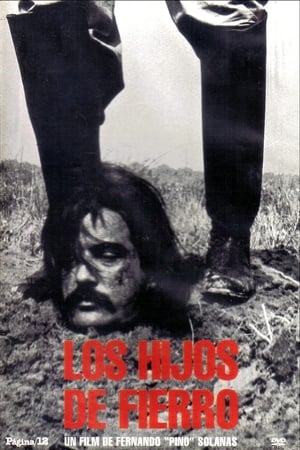 6.0
6.0The Children of Fierro(es)
Peronist view of its history between the fall in 1955 and the electoral triumph of 1973 using a metaphor of the poem Martin Fierro.
 6.0
6.0Theory and Practice: Conversations with Noam Chomsky and Howard Zinn(en)
This timely, bold set of one-on-one interviews presents two of the most venerable figures from the American Left—renowned historian Howard Zinn and linguist and philosopher Noam Chomsky—each reflecting upon his own life and political beliefs. At the age of 88, Howard Zinn reflects upon the Civil Rights and anti–Vietnam War movements, political empires, history, art, activism, and his political stance. Setting forth his personal views, Noam Chomsky explains the evolution of his libertarian socialist ideals, his vision for a future postcapitalist society, the Enlightenment, the state and empire, and the future of the planet.
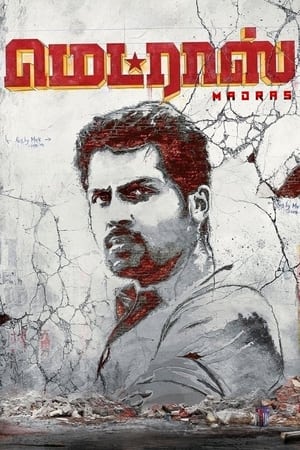 7.8
7.8Madras(ta)
A portrayal of the lives of the people living in North Madras, focusing on the politics inside the slums and how their plight remains the same, despite the political class luring them constantly during elections.
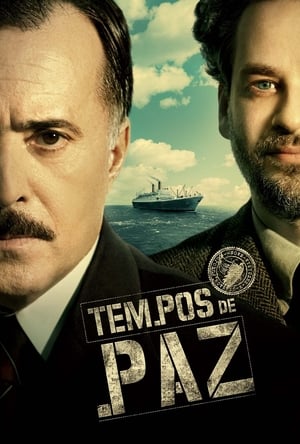 7.6
7.6Peacetime(pt)
Rio de Janeiro, April 18, 1945. Brazil's foreign policy aligns closely with that of the United States and opens a brief period of democratic rule after the end of World War 2. For years, hundreds of people were arrested and tortured by the Vargas regime. But with the external pressure, several political prisoners gain freedom.
Achooo Mr. Kerrooschev(en)
A cut-out of Soviet leader Nikita Khrushchev sails over newspaper articles as they take place. Combines live photography and collage animation in one film.
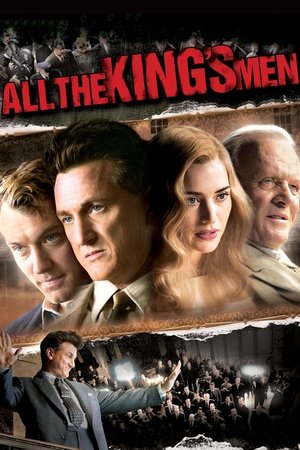 5.8
5.8All the King's Men(en)
The story of an idealist's rise to power in the world of Louisiana politics and the corruption that leads to his ultimate downfall. Based on the 1946 Pulitzer Prize-winning novel written by Robert Penn Warren, loosely based on the story of real-life politician Huey Long.
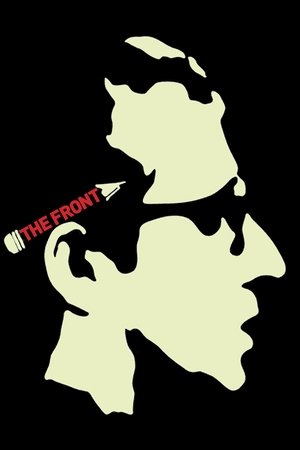 7.0
7.0The Front(en)
A cashier poses as a writer for blacklisted talents to submit their work through, but the injustice around him pushes him to take a stand.
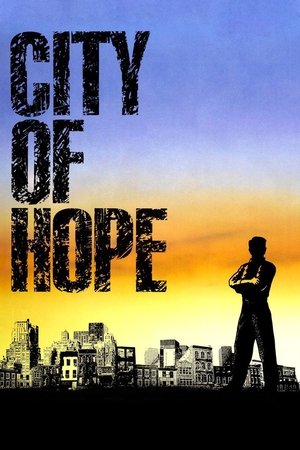 6.7
6.7City of Hope(en)
This gritty inner-city film follows various people living in a troubled New Jersey setting, most notably Nick Rinaldi, a disillusioned contractor who has been helped along his whole life by his wealthy father. Other characters in this ensemble drama about urban conflict and corruption include Asteroid , an unstable homeless person, and Wynn, an idealistic young politician.
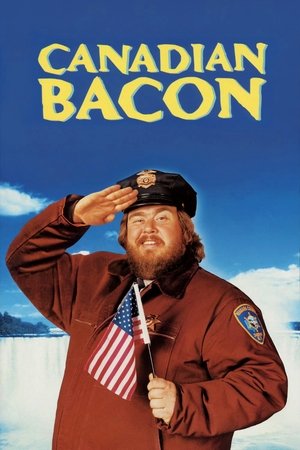 5.8
5.8Canadian Bacon(en)
The U.S. President, low in the opinion polls, gets talked into raising his popularity by trying to start a cold war with Canada.


